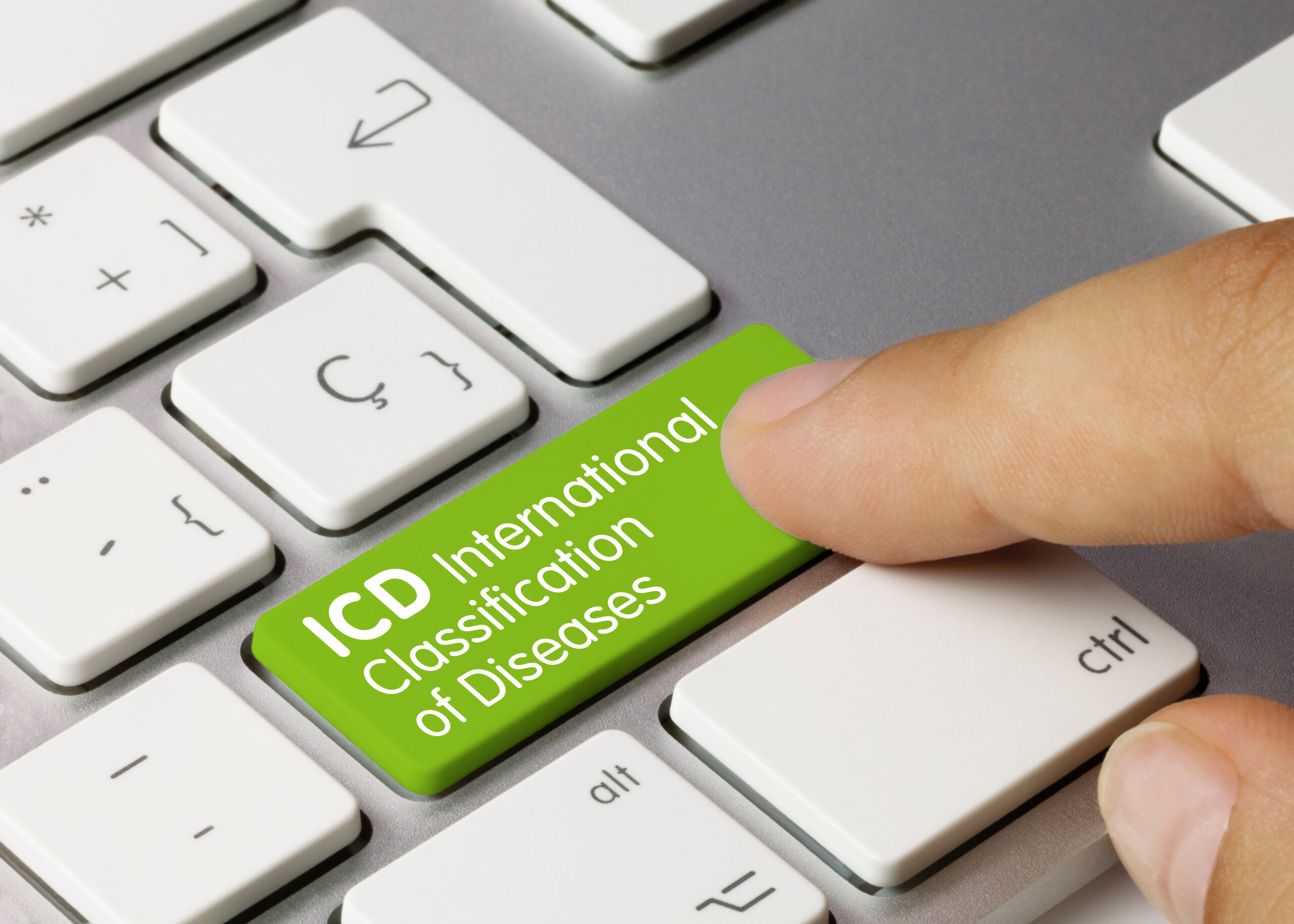
Program Overview:
Medical coding skills are essential to the economic viability of the healthcare industry. Medical coding is the process of translating the results of a patient’s healthcare visit into a code that is then used to create a bill or claim that gets submitted to the insurance company for evaluation to determine the amount of payment from each the insurance company and the patient, ensuring the healthcare provider is properly compensated for their services. The healthcare industry, which includes hospitals, physicians’ offices, clinics, nursing homes, home health agencies, HMO’s, and government agencies, all utilize individuals who perform functions that require this knowledge and these skills. This program will assist individuals to develop skills to look up and assign appropriate ICD-10, CPT, and HCPCS codes. The program also provides students with knowledge on medical terminology, anatomy, and physiology which is essential to work in any healthcare environment.
Program Outcomes:
Upon completion of this program, students are expected to be able to:
- Identify and define common medical terms.
- Describe the structure and function of the various body systems and identify the pathophysiologic conditions and disorders, diagnostic procedures, and treatment options for each.
- Accurately translate reports from healthcare providers into appropriate medical codes using ICD-10, CPT, and HCPCS code sets and enter the codes into a form and/or software.

Listed below are summaries of each course within the program.
| MED101 | Medical Terminology | 3 credits |
| This course introduces students to the language of medicine. Students will gain an understanding of the way medical terms are formed and how to build medical terms using combining forms, prefixes, and suffixes. Students will learn the structure and function of various body systems and about the diagnostic, procedural, laboratory, pathological, surgical, and pharmacological terms and abbreviations associated with each body system. | ||
| MED140 | Anatomy and Physiology I | 3 credits |
| This is the first of a two-course series that provides a comprehensive study of the anatomy and physiology of the human body. In this course, students will review the overall organization of the human body and will identify the anatomical locations of the various organs and systems. The course will discuss genetic and congenital disorders, and the structure and function of cells and cell division. The nervous, sensory, integumentary, muscular, and skeletal systems will be covered including the structure, function, common pathology, diagnostic procedures, and treatments. The course is designed for students who have little formal knowledge of the human body who wish to pursue a career in health-related professions. | ||
| MED141 | Anatomy and Physiology II | 3 credits |
| This course is a continuation of Anatomy and Physiology I. This course covers the respiratory, circulatory, immune, digestive, urinary, endocrine, and reproductive systems in detail including the structure and function of each system, diseases and disorders, diagnostic procedures, and treatment options. | ||
| MED107 | Medical Coding I | 3 credits |
| The Medical Coding courses are designed to provide students with an understanding of coding and classification systems to assign valid diagnostic and procedural codes. The courses provide the comprehensive coverage needed to understand and work with medical insurance related to the application of ICD, CPT, and HCPCS codes and how insurance reimbursement is directly related to proper code assignment. Online simulation exercises will provide students with the opportunity to practically apply the concepts covered throughout the course. Medical Coding I is the first of three courses and will focus specifically on ICD-10 and HCPCS codes. | ||
| MED117 | Medical Coding II | 3 credits |
| The Medical Coding courses are designed to provide students with an understanding of coding and classification systems to assign valid diagnostic and procedural codes. The courses provide the comprehensive coverage needed to understand and work with medical insurance related to the application of ICD, CPT, and HCPCS codes and how insurance reimbursement is directly related to proper code assignment. Online simulation exercises will provide students with the opportunity to practically apply the concepts covered throughout the course. Medical Coding II is a continuation of Medical Coding I and will focus specifically on HCPCS and CPT codes. | ||
| MED217 | Medical Coding III | 3 credits |
| The Medical Coding courses are designed to provide students with an understanding of coding and classification systems to assign valid diagnostic and procedural codes. The courses provide the comprehensive coverage needed to understand and work with medical insurance related to the application of ICD, CPT, and HCPCS codes and how insurance reimbursement is directly related to proper code assignment. Online simulation exercises will provide students with the opportunity to practically apply the concepts covered throughout the course. Medical Coding III is a continuation of Medical Coding I and Medical Coding II and will focus specifically on CPT codes and insurance and reimbursement. | ||
| MED118 | Medical Coding Lab | 3 credits |
| This course will provide students with the opportunity to practically apply all the concepts covered throughout the program. Students will be completing online simulation exercises and assignments given various scenarios to build skills in medical billing, medical coding, and processing insurance claims in both inpatient and outpatient settings. | ||


